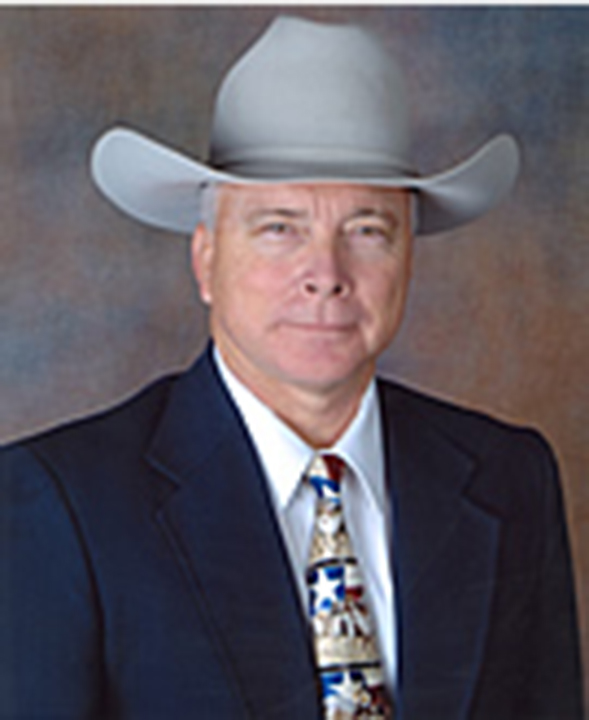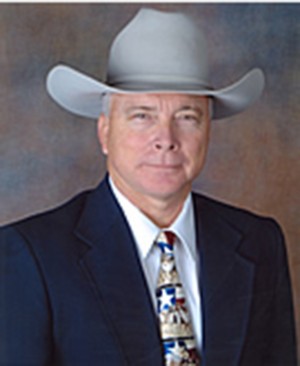Contributor
Despite what is portrayed on CSI shows, forensic science does not involve projected computer screens, high-tech gadgets and easy cases.
Sgt. James Huggins is a crime scene investigator and lecturer in the anthropology department.
“It’s Hollywood hype,” he said. “I don’t have giant computers. I don’t throw my hands back and forth and make them jump from screen to screen. They have 40 minutes to do what they need to do. It just doesn’t work that way. It’d be nice if it did.”
During his career as an investigator, Huggins has worked on cases involving serial killers, sexual murder and people who had their kids chained by the neck underneath beds, he said.
Huggins said he wants to portray the reality of crime scene investigation in his classes, apart from the “Hollywood hype.”
“Each investigation is different. They aren’t cookie-cutter, and I try to demonstrate that in my classes,” he said.
Forensic science always has been a priority in Huggins’ life, he said. Although he said he doesn’t like crime scene investigation shows, his interest began early and he worked hard to learn the field.
“I have always had an interest in forensics. I did a lot of studying on my own, outside of classes,” he said.
After receiving a bachelor’s degree in biology from the University of Mary-Hardin Baylor, Huggins became involved with the Department of Public Safety and the Texas Rangers.
“During my tenure there, I held positions of Highway Patrol trooper and criminal investigative sergeant. I am currently accepted in state court as an expert witness in bloodstain pattern analysis, death investigation and shooting incident reconstruction,” he said.
Huggins also taught police officers on the side, on top of his 50-hour work weeks. As he taught more, teaching became more attractive to him.
“I knew that there would come a point when I would want to do something different. I didn’t plan on staying in that position forever. It takes a good toll after a while,” Huggins said.
Huggins said he found the job of his dreams, teaching full time at Baylor while job hunting online.
“I was looking through the American Association of Forensic Science website and this position was open. I thought to be able to do that, that would be the ultimate for me.”
He began working on his master’s degree in forensic science at Oklahoma State University to prepare himself for Baylor.
Huggins juggled long hours at work while continuing to train other police officers as he completed the courses required to earn his master’s degree. in forensic science.
Then he applied for the position at Baylor.
He didn’t get it.
He did, however, receive another job offer from Baylor and offers from two other universities. He took on the roles while still juggling his other jobs.
“I taught Monday nights at Baylor. I taught Tuesday nights at Sam Houston, and I started teaching online and Saturday classes at East Texas Baptist University. So for about a year, I didn’t sleep,” he said. It was nothing new for Huggins.
Huggins said juggling several teaching jobs was similar to the amount of stress he had while working and earning his degrees.
Huggins applied a second time at Baylor and became a full-time lecturer in 2011.
He also retired from the Department of Public Safety in 2011 after 29 years there.
He retired from being a Texas Ranger as well, after 19 years of service, in order to give his full attention to his position at Baylor, although he still occasionally helps in Department of Public Safety cases by going to crime scenes and assisting in investigations.
He now teaches six forensic science courses, ranging from crime scene investigation to bloodstain pattern analysis, and uses real files from cases he investigated as aides for the classes.
Many of Huggins students call him “Sarge.”
Abilene, Kan., senior Kelsey Stevens said Huggins is one of her favorite professors.
“I learn so much through his examples and real cases,” she said. “I plan on going into a different field, but Sarge sparked an interest in forensics that I will always have.”
Dr. Lori Baker, associate professor of anthropology, works with Huggins.
“Sergeant Huggins is a wonderful colleague and a superior mentor to students,” Baker said. “He is respected by the law enforcement community, his university colleagues and his students. I am very proud to work with him and honored that he chooses to work with me.”







